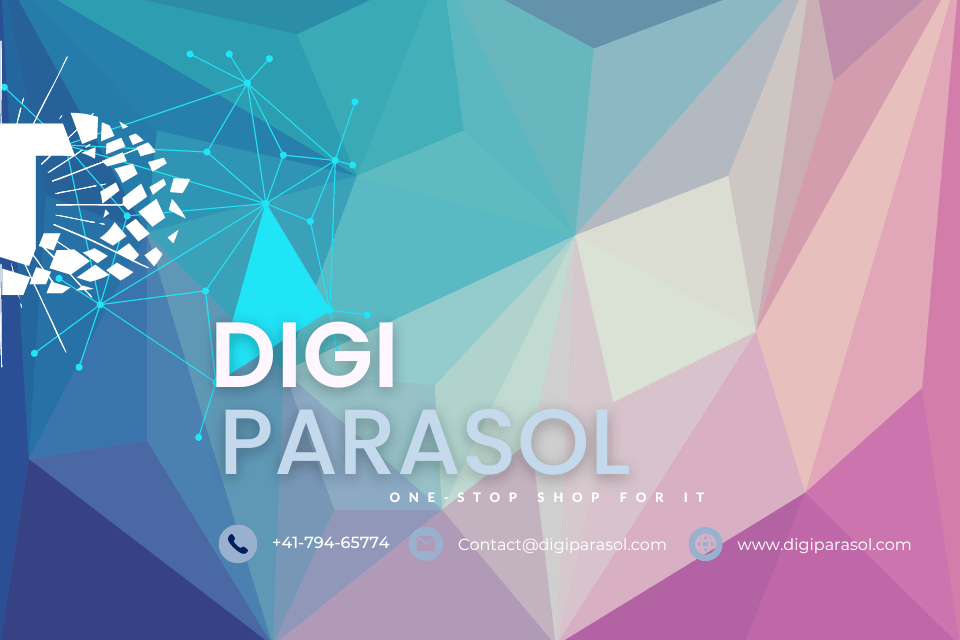Introduction
Artificial intelligence (AI) has been transforming various industries, and healthcare is no exception. The use of AI in health policy and government initiatives has the potential to revolutionize the way healthcare is delivered and managed. AI technologies have the capacity to improve efficiency, accuracy, and effectiveness in healthcare systems, ultimately leading to better patient outcomes and reduced costs. In this article, we will explore the role of AI in health policy and government initiatives, as well as the benefits and challenges associated with its implementation.
The Role of AI in Health Policy
Health policy plays a crucial role in ensuring that healthcare systems are organized, efficient, and equitable. AI can help policymakers make better decisions by providing them with real-time data, predictive analytics, and insights into population health trends. By using AI-powered tools, policymakers can identify areas of improvement, allocate resources more effectively, and develop targeted interventions to address specific healthcare challenges.
One key area where AI can make a significant impact in health policy is in healthcare planning and resource allocation. AI algorithms can analyze large amounts of health data to identify gaps in healthcare services, predict future healthcare needs, and optimize the distribution of resources. For example, AI can help policymakers identify areas with high rates of chronic diseases and develop preventive health programs to reduce the burden on healthcare systems.
AI can also play a crucial role in monitoring and evaluating the impact of health policies and initiatives. By analyzing real-time data from various sources, AI can provide policymakers with insights into the effectiveness of policies and interventions. This can help policymakers make evidence-based decisions and adjust policies as needed to achieve better outcomes.
Furthermore, AI can support the development of innovative healthcare models and technologies. For example, AI-powered telemedicine platforms can enable patients to access healthcare services remotely, reducing the need for in-person visits and improving access to care for underserved populations. AI can also support the development of personalized medicine by analyzing genetic data to identify personalized treatment options for patients.
Government Initiatives
Governments around the world are increasingly recognizing the potential of AI in healthcare and are launching initiatives to promote its use. These initiatives aim to harness the power of AI to improve healthcare delivery, reduce costs, and enhance patient outcomes. Governments are investing in AI research and development, establishing regulatory frameworks for AI in healthcare, and promoting public-private partnerships to accelerate the adoption of AI technologies.
In the United States, the government has launched several initiatives to promote the use of AI in healthcare. The Food and Drug Administration (FDA) has developed a regulatory framework for AI-powered medical devices, and the National Institutes of Health (NIH) has launched initiatives to support AI research and development in healthcare. The Centers for Medicare and Medicaid Services (CMS) has also established programs to encourage the adoption of AI technologies in healthcare delivery.
In the European Union, the European Commission has launched the AI4Health initiative to promote the use of AI in healthcare. The initiative aims to support research and innovation in AI-powered healthcare technologies, establish ethical guidelines for AI in healthcare, and foster collaboration between industry, academia, and government. The European Medicines Agency (EMA) has also developed guidelines for the approval of AI-powered medical devices.
Benefits of AI in Health Policy and Government Initiatives
The use of AI in health policy and government initiatives offers numerous benefits, including:
1. Improved decision-making: AI can provide policymakers with real-time data and insights to make better decisions, leading to more effective healthcare policies and interventions.
2. Enhanced efficiency: AI-powered tools can automate repetitive tasks, streamline healthcare processes, and reduce administrative burden, allowing healthcare providers to focus more on patient care.
3. Better patient outcomes: AI technologies can help healthcare providers diagnose diseases earlier, personalize treatment options, and predict patient outcomes, leading to improved patient outcomes and quality of care.
4. Reduced costs: By optimizing resource allocation, identifying cost-saving opportunities, and reducing medical errors, AI can help healthcare systems achieve cost savings and improve financial sustainability.
Challenges of AI in Health Policy and Government Initiatives
Despite the numerous benefits of AI in health policy and government initiatives, there are also several challenges that need to be addressed, including:
1. Data privacy and security: AI technologies rely on large amounts of healthcare data, raising concerns about privacy and security. Governments need to establish robust data protection regulations and protocols to ensure the confidentiality and integrity of healthcare data.
2. Bias and fairness: AI algorithms can be biased or discriminatory if they are trained on biased data. Governments need to address issues of bias and fairness in AI algorithms to ensure equitable healthcare outcomes for all populations.
3. Regulatory compliance: AI technologies in healthcare are subject to regulatory requirements, such as FDA approval for medical devices. Governments need to establish clear regulatory frameworks for AI in healthcare to ensure patient safety and quality of care.
4. Skills and workforce development: The adoption of AI in healthcare requires a skilled workforce with expertise in AI technologies. Governments need to invest in training programs and resources to develop a workforce capable of implementing and utilizing AI in healthcare.
Conclusion
AI has the potential to revolutionize healthcare delivery and management, and its application in health policy and government initiatives can lead to significant improvements in healthcare systems. By harnessing the power of AI, policymakers can make better decisions, optimize resource allocation, and improve patient outcomes. However, the implementation of AI in healthcare also poses challenges that need to be addressed, such as data privacy and security, bias and fairness, regulatory compliance, and skills development. Governments play a crucial role in promoting the ethical and responsible use of AI in healthcare and ensuring that AI technologies benefit all populations. Ultimately, the successful integration of AI in health policy and government initiatives can lead to a more efficient, accessible, and equitable healthcare system for all.


